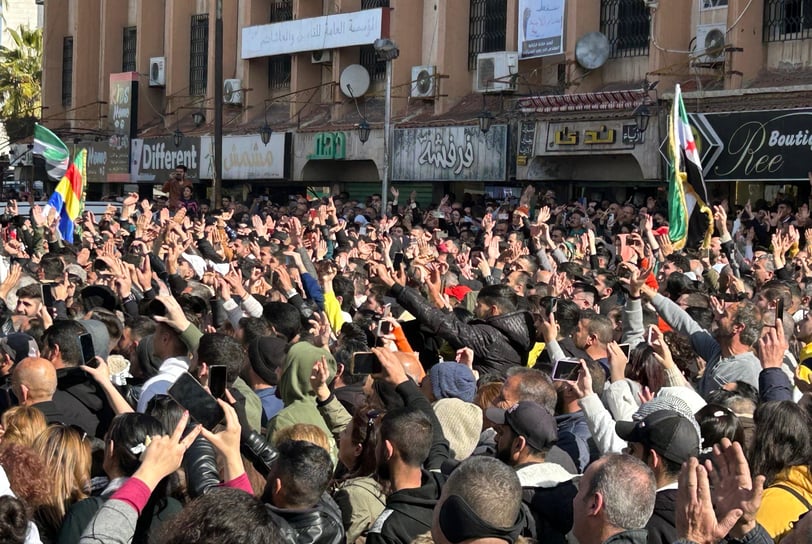Can Syria Benefit from the Dutch Experience
3 min read


Can Syria Benefit from the Dutch Experience?
The Role of Decentralized and Local Governance in Dutch Municipalities and Syria’s Opportunity to Learn from This Model
Decentralization is one of the most important governance tools for enhancing efficiency and transparency in public service delivery. In the Netherlands, municipalities play a crucial role in managing local affairs, creating an effective governance model that Syria could benefit from, particularly in the context of post-conflict reconstruction and the establishment of a more efficient and sustainable local governance system.
The Dutch Municipal Model
Dutch municipalities are characterized by a high degree of autonomy, with extensive powers in areas such as spatial planning, social services, infrastructure, and the local economy. The Dutch system is based on:
1. Delegation of Authority – Municipalities have the power to plan and implement local projects without direct central government interference.
2. Sustainable Financing – They rely on a mix of local taxes, government funding, and partnerships with the private sector.
3. Civic Participation – Citizens are encouraged to take part in decision-making through local councils and public consultations.
4. Inter-Municipal Cooperation – Municipalities collaborate at the regional level to manage resources more efficiently and deliver services more effectively.
Lessons for Syria
In the context of Syria’s reconstruction, the Dutch experience offers valuable insights:
1. Redistribution of Powers – Granting Syrian municipalities greater autonomy in managing resources and local affairs to reduce bureaucracy and enhance service efficiency.
2. Creating Local Financing Mechanisms – Establishing sustainable funding sources through local taxes and private sector partnerships to reduce dependence on central government funding.
3. Enhancing Transparency and Accountability – Implementing effective oversight mechanisms to ensure efficient resource use and prevent corruption.
4. Encouraging Civic Participation – Empowering citizens to play a more active role in local decision-making, increasing legitimacy and public satisfaction.
5. Promoting Inter-Municipal Cooperation – Encouraging Syrian municipalities to collaborate to lower costs and improve service efficiency.
The decentralized governance model of Dutch municipalities presents a successful framework that can inspire essential reforms in Syria’s local governance system. By adopting similar practices, Syrian municipalities can be better equipped to meet the needs of local communities, contributing to long-term stability and sustainable development in the country.
You didn’t come this far to stopYou didn’t come this far to stopYou didn’t come this far to stopYou didn’t come this far to stopYou didn’t come this far to stopYou didn’t come this far to stopYou didn’t come this far to stopYou didn’t come this far to stopYou didn’t come this far to stopYou didn’t come this far to stopYou didn’t come this far to stopYou didn’t come this far to stopYou didn’t come this far to stop


Predict the future now
SERVICES
design, Consulting, and planning for sustainable development
info@compass-syr.com
+963 996 212 613
+963 933 886 848
© All rights reserved to Compass
